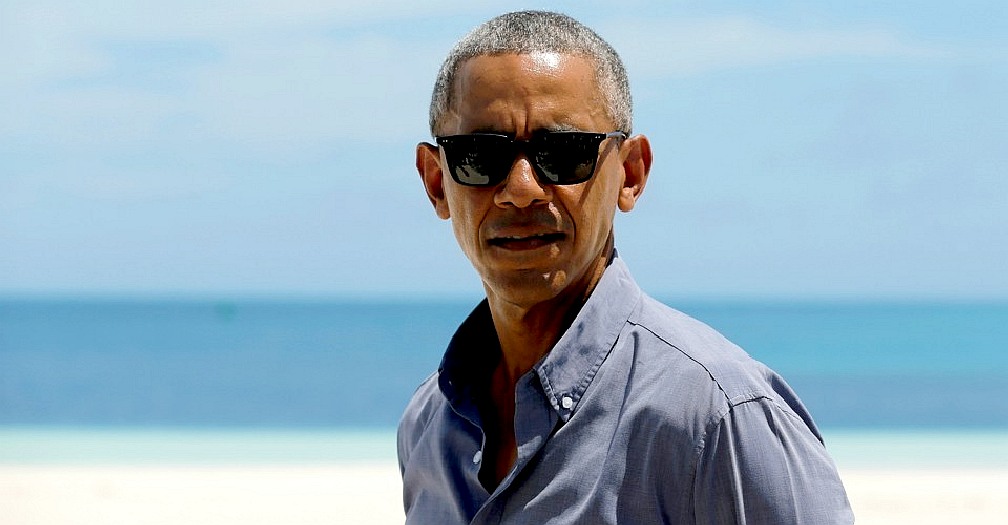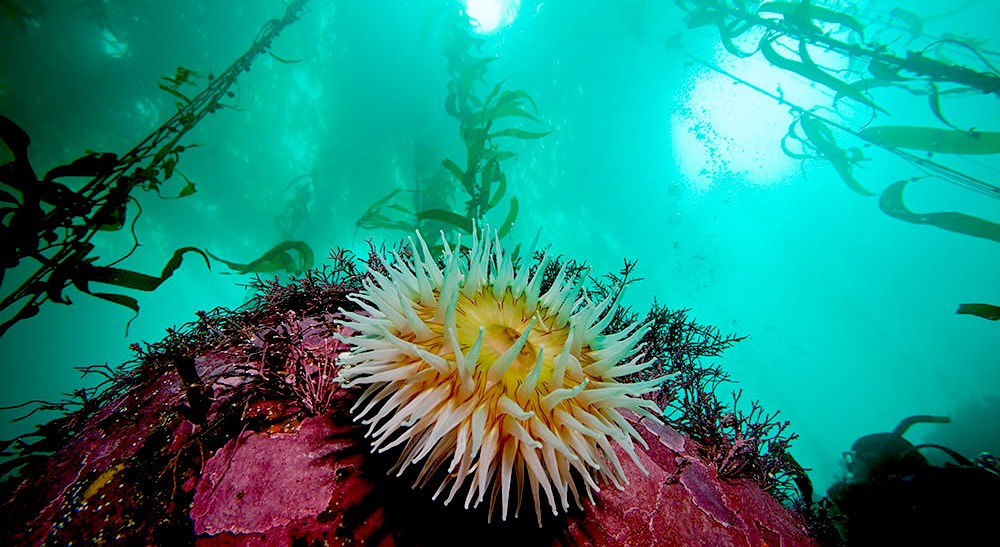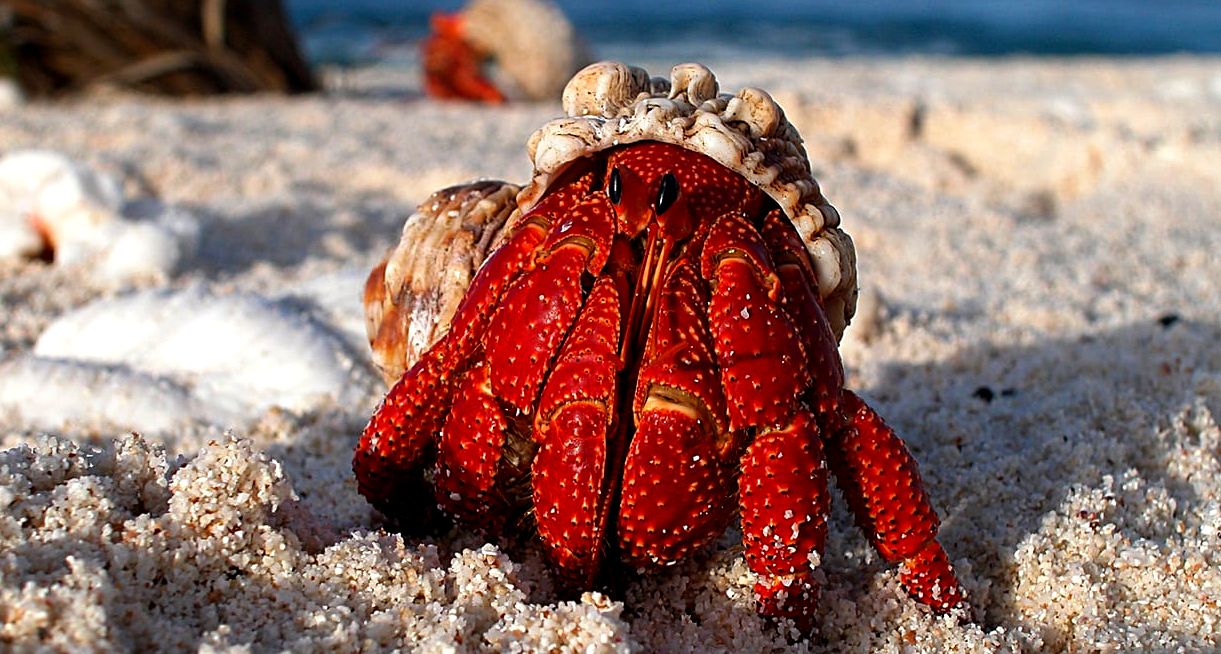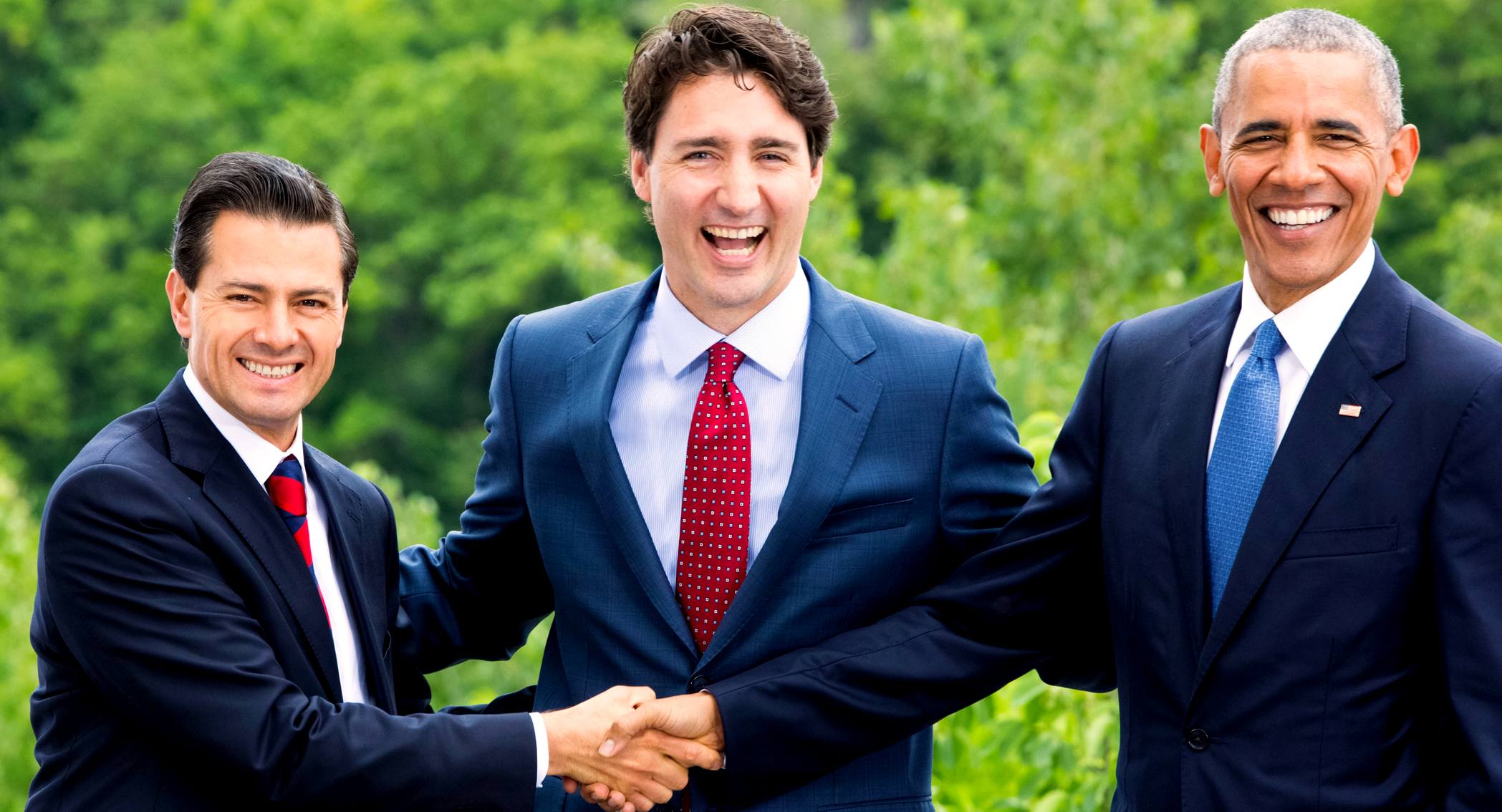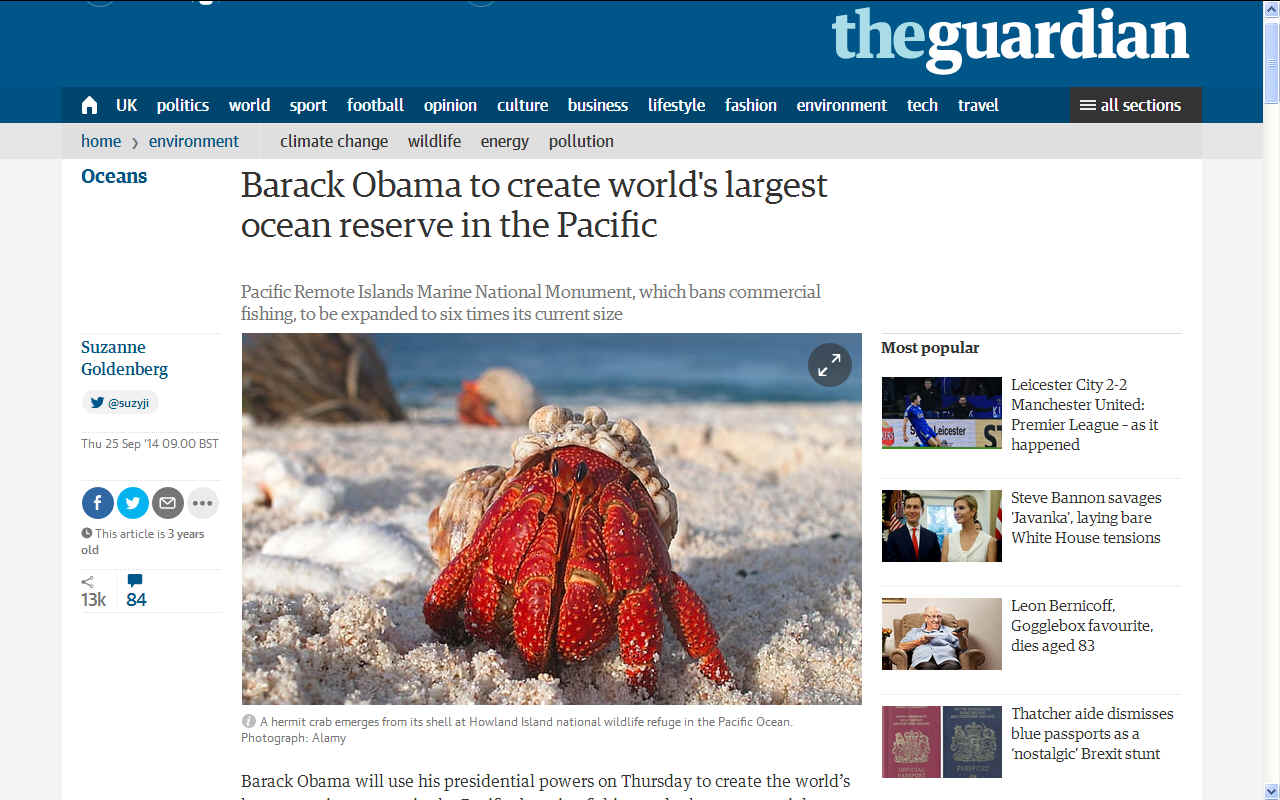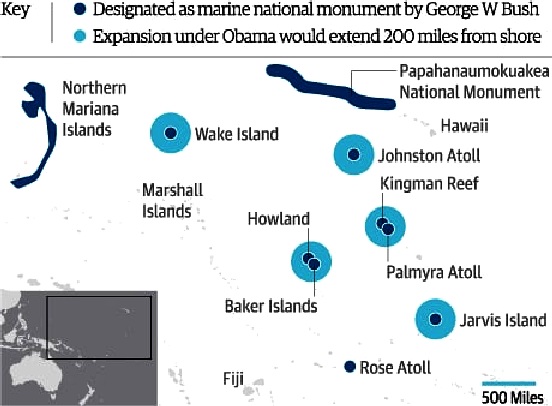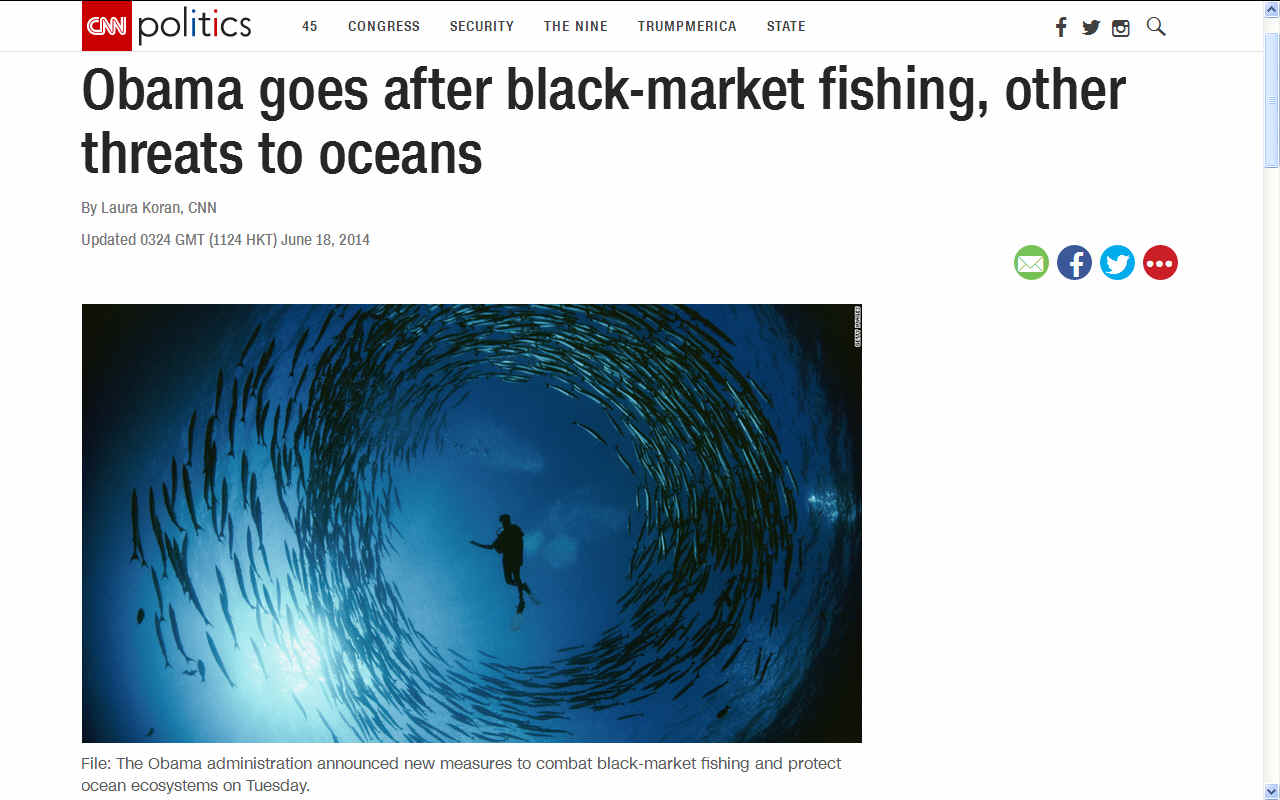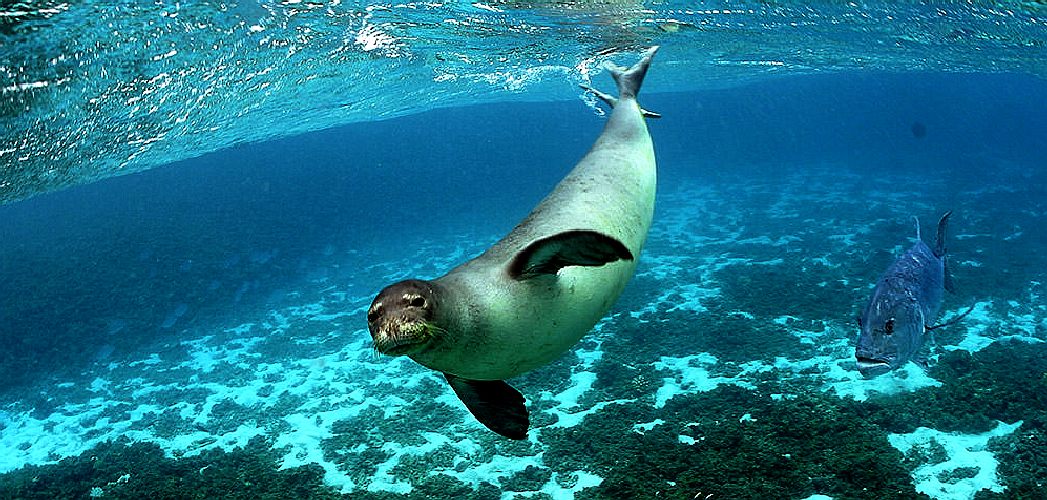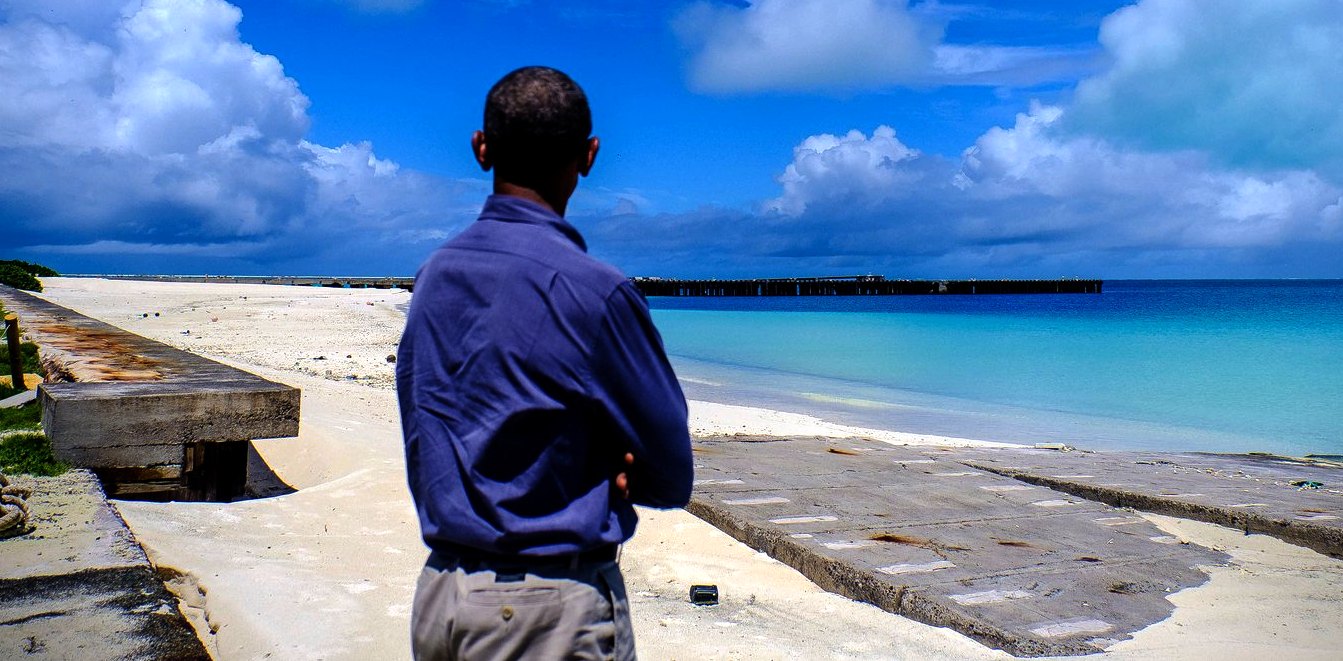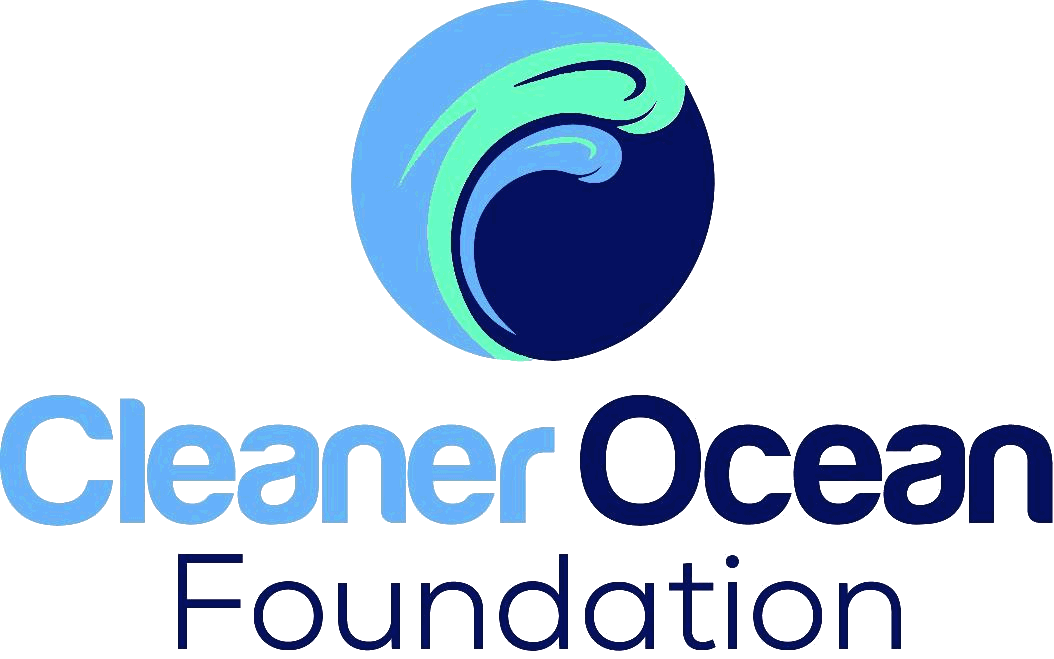|
BARACK OBAMA
ABOUT - A-Z INDEX - CONTACTS - FOUNDATION - HOME - REGISTER
UNEA3 - The third meeting of the UN Environment Assembly was held on an exceptional basis, from 4-6 December 2017, with the high-level segment taking place on 5-6 December, and the Open Ended Committee of Permanent Representatives (OECPR) from 29 November to 1 December in Nairobi, Kenya. It was agreed that marine litter should be prioritized. Read more on by clicking on the picture above.
THE ATLANTIC - JANUARY 4 2017 - OBAMA: THE OCEAN PRESIDENT
Inspired by his childhood in Hawaii, he has protected more waters than any of his predecessors—even George W. Bush, who was no slouch.
In August 1961, Barack Obama was born in Honolulu, Hawaii, thousands of miles from the American mainland. He spent 14 of his first 18 years on those islands, bodysurfing off Sandy Beach Park, surrounded by the expansive blue of the Pacific. He later moved inland, to Los Angeles, New York, Chicago, and eventually the White House. But he never lost his childhood connection to the sea.
When he leaves the Oval Office this month, he will have safeguarded more of the ocean than any other president, and increased the amount of protected waters around the U.S. by four times.* His administration has also worked to improve American fisheries, clamp down on illegal fishing, and create national policies for protecting the oceans.
Such measures are vital at a time when the oceans are imperiled by many threats, including overfishing, acidification, pollution, and climate change. “We don’t see the effects of climate change every single day with our own eyes,” Obama said last September, at a State Department conference in Washington, D.C. “We just see this great, big ocean - we assume that it’s too big to be wrecked. It’s easy, as a consequence, to dismiss the urgency of the challenge.” “When you look at what he has done in terms of ocean protection, it’s really remarkable, and partly because it was so unexpected,” says Jean Flemma, a former policy advisor at the U.S. House of Representatives. “When Obama was elected, he was known for being good on environmental issues. But I don’t think anyone thought at the outset: Here’s the president who’s going to be the ocean president.”
“This administration has made the ocean a centerpiece for international diplomacy,” says Jane Lubchenco, a marine ecologist and former administrator of NOAA. “They used to be out of sight, out of mind. The only people who would talk about ocean issues were science ministers or fishery ministers. Now, when the President talks to other heads of state, oceans are often on the agenda.”
“People tend to make issues like this partisan,” she adds. But many of Obama’s actions to improve ocean health “have their roots in previous Republican administrations and have strong bipartisan support in Congress.” And Obama himself took a while to wet his conservation feet. In January 2013, the Center for American Progress criticized him for having protected less public land than any of the four preceding presidents, and for having leased 2.5 times as much acreage to oil and gas companies for drilling.
Since then, there’s been a dramatic about-turn.
KELP FORESTS - A sea anemone at Monterey Bay marine sanctuary.
Under Obama’s administration, the National Oceanic and Atmospheric Administration has expanded several marine sanctuaries, and created the first new ones in 15 years. He himself has created or expanded several national monuments using the Antiquities Act - a 1906 law passed by Teddy Roosevelt, which allows presidents to unilaterally protect areas of land without congressional approval. Obama has used this power 29 times, most recently to create the Bears Ears and Gold Butte monuments just last week. These, and most of the other monuments, are on land. But the biggest ones, by far, are in the ocean.
In September 2014, Obama took the Pacific Remote Islands Marine National Monument, which George W. Bush had created five years earlier, and expanded it six-fold. The monument comprises seven disparate U.S.-controlled islands and atolls. It’s a bustling haven for sharks, groupers, whales, dolphins, turtles, and seabirds, and is now completely closed off to drilling, mining, and commercial (but not recreational) fishing. Covering 490,000 square miles, it’s three times the size of California, and bigger than all the land-based national parks combined. For two years, it was the world’s largest marine reserve, until Obama smashed his own record in August 2016. Working off another Bush legacy, he quadrupled the size of Hawaii’s Papahānaumokuākea Marine National Monument to 583,000 square miles - twice the size of Texas. The area houses over 7,000 marine species including many found nowhere else in the world. Among them are the endangered Hawaiian monk seal, a ghostly octopus dubbed Casper, and a newly discovered fish named Tosanoides obama. Animals aside, the monument also contains the wrecks of five aircraft carriers that were sunk during World War II, and what Native Hawaiians see as a boundary between the living world and the spiritual one. “Obama not only conserved a really unique ecosystem, but also a part of our history, and an area with very important cultural links,” says Kris Sarri who works at the Department of the Interior.
In September, Obama added the first marine monument in the Atlantic. Situated off the coast of Cape Cod, the 4,900-square-mile zone includes millennium-old corals and deep-diving sperm whales, three underwater canyons that are deeper than the Grand Canyon, and four dormant undersea volcanoes that are taller than the Appalachians.
Obama has been even busier in the final months of his term. In October, he was reportedly instrumental in persuading a reticent Chinese government to join the U.S. and 23 other governments in setting up the world’s largest marine protected area in the Ross Sea off Antarctica. In December, as my colleague Robinson Meyer reported, he established an “indefinite” ban on oil and gas drilling in virtually the entire American-controlled stretch of the Arctic Ocean, as well as parts of the Atlantic. In the same month, he created a 112,000 square mile “climate resilience area” off the west coast of Alaska - a region that hosts vast numbers of migrating mammals like bowhead whales, belugas, and walruses. His executive order maintains bans against bottom-trawl fishing, adds partials prohibitions against oil and gas exploration, and gives indigenous Native Alaskan communities a greater voice in managing the area. “Any time you are willing to set aside an area for the health of the environment, it’s an act of courage,” says Jeff Watters, director of government relations at the Ocean Conservancy. “Conservation will always make people upset. But the choices that Obama and Bush made were made after extensive public comment and feedback. It’s not like they just came in the dead of midnight.” Indeed, after protests from fishing groups, Obama decided to allow lobster and red crab fisheries to operate in the Atlantic monument for seven more years. He also pulled back on creating a second monument at the kelp forests of Cashes Ledge in New England.
For many critics, that’s not enough. They argue that the Antiquities Act, and the monuments that result from it, represent a gross overreach of Executive Branch authority. Rob Bishop, a Utah representative and chairman of the House Committee on Natural Resources, described it as “the most evil Act ever invented” to a group of land managers. “If anyone here likes the Antiquities Act the way it is written, die,” he added. He and others have repeatedly tried to weaken the act, or repeal it entirely.
Such complaints aren’t new. A miner challenged the Antiquities Act in 1920, claiming that Roosevelt had overstepped the mark in establishing a large chunk of the Grand Canyon as a monument. The Supreme Court unanimously ruled in Roosevelt’s favor, and in doing so, set an important precedent. But some say the time is right to set a new one, and are looking to Donald Trump to make the historic move of revoking existing monuments once he takes office. Speaking to The Salt Lake Tribune, Bishop said that he had had “positive and encouraging” talks with the Trump transition team about this. “However, some legal analyses have concluded that the Antiquities Act does not authorize the President to repeal proclamations, and that the President also lacks implied authority to do so,” wrote Alexandra Wyatt, an attorney at the Congressional Research Service. Or, as my colleague Robinson Meyer said, “The president can giveth land to conservation, but he or she cannot taketh it away.” Any attempt to do so would likely meet lengthy legal challenges.
LIKE A CHALLENGE - If you like the water and can express yourself, Mister Ocean is the competition for you. Enrique Pena Nieto, Justin Trudeau and Barack Obama representing much of North and South America.
Trump might not have any appetite for such battles. Earlier this year, he told CBS News that he doesn’t like the idea of handing federal lands to states. “I want to keep the lands great, and you don’t know what the state is going to do,” he said. “This is magnificent land. And we have to be great stewards of this land.” Speaking to Field & Stream magazine, he said, “I am for energy exploration, as long as we don't do anything to damage the land. And right now we don't need too much - there's a lot of energy.” And in a post-election speech, he claimed that he would follow the legacy of Theodore Roosevelt and “conserve and protect our beautiful natural resources for the next generation, including protecting lands.”
Such promises will ultimately count for little if his administration maintains its denial of climate change. Man-made carbon emissions are warming and making the oceans more acidic; if the U.S. reneges on its commitment to reducing such emissions, marine life will eventually suffer. But in the short term, protected waters can help its residents to cope with climate change, by removing extra stresses like drilling, fishing, and noise pollution. “We have good evidence that protected areas are more resilient and recover faster,” says Lubchenco. That’s good news for people who depend on the sea for their livelihood. In sanctuaries and monuments, depleted populations of fish can recover, grow, and reproduce. “Fish aren’t like mammals; as females get bigger, they make lots more eggs, so if you allow fish to get big and old, you get a lot more babies,” explains Rebecca Goldburg, director of ocean science at the Pew Charitable Trusts. And since those babies can travel over long distances, protected areas act as conveyor belts that continually seed nearby fisheries with fresh stock.
Historically, most of the ocean was effectively protected, by dint of being remote and inaccessible. Now, our technology allows us to fish, mine, and drill everywhere. And the sad truth is that even the unprecedentedly large areas that Obama has protected, combined with similar reserves set up by other nations, comprise just a few percent of the total ocean. It’s a dramatic increase from a decade ago, but still “just a drop in the bucket,” says Lubchenco. “Scientists think we’ll need upwards of 30 percent.”
“While it is our oceans’ contours that shape our coastlines, it is what we decide and do here that will shape our oceans’ future,” Obama once said. “I spent my childhood on those shores, looking out over the endless ocean, and was humbled by it. And I know that, in a contest between us and the oceans, eventually the oceans will win one way or the other. So it’s us that has to adapt. Not the other way around.”
THE GUARDIAN SEPTEMBER 25 2014 - BARACK OBAMA TO CREATE WORLD'S LARGEST OCEAN RESERVE
Barack Obama will use his presidential powers on Thursday to create the world’s largest marine reserve in the Pacific, banning fishing and other commercial activities across vast swaths of pristine sea populated by whales, dolphins and sea turtles and dotted with coral atolls.
The Marine
Conservation Institute had been pressing Obama to expand the marine park to the fullest extent possible, around all seven islands and atolls, which would have pushed the limits of the no-take areas to about 782,000 sq m instead of the 490,000 being announced on Thursday.
MISTER OCEAN - Is a competition for men who care about conserving our oceans and want to try to make a difference. If he had not already made such a difference, Mr Obama would be a front runner for future recognition.
CNN POLITICS - JUNE 18 2014: OBAMA GOES AFTER BLACK MARKET FISHING
These moves by the administration are likely to antagonize Obama's critics, who say the he is overstepping his authority as President by increasingly bypassing Congress in favor of executive orders.
With our intellectual Miss and Mister Ocean competitions, our goal is to encourage men and women to dream more, care more and become more. Dive into our Ocean Competition and help us to spread the news about toxin build up in our food chain and the menace that plastic waste poses to marine life, like this rare Hawaiian monk seal.
LINKS
https://www.theguardian.com/environment/conservation http://www.fws.gov/refuge/pacific_remote_islands_marine_national_monument/ https://www.theguardian.com/environment/2014/sep/25/barack-obama-worlds-largest-ocean-reserve-pacific https://www.theguardian.com/environment/2016/aug/26/obama-to-create-worlds-largest-protected-marine-area-off-coast-of-hawaii-papahanaumokuakea http://edition.cnn.com/2014/06/17/politics/obama-ocean-conservation/index.html https://oceanconservancy.org/blog/tag/barack-obama/ https://www.theatlantic.com/science/archive/2017/01/obama-the-ocean-president/512135/
Copyright © Cleaner Oceans Foundation Ltd (COFL) (Company No: 4674774) 2018. Ocean Suite, BN271RF, United Kingdom.
|
